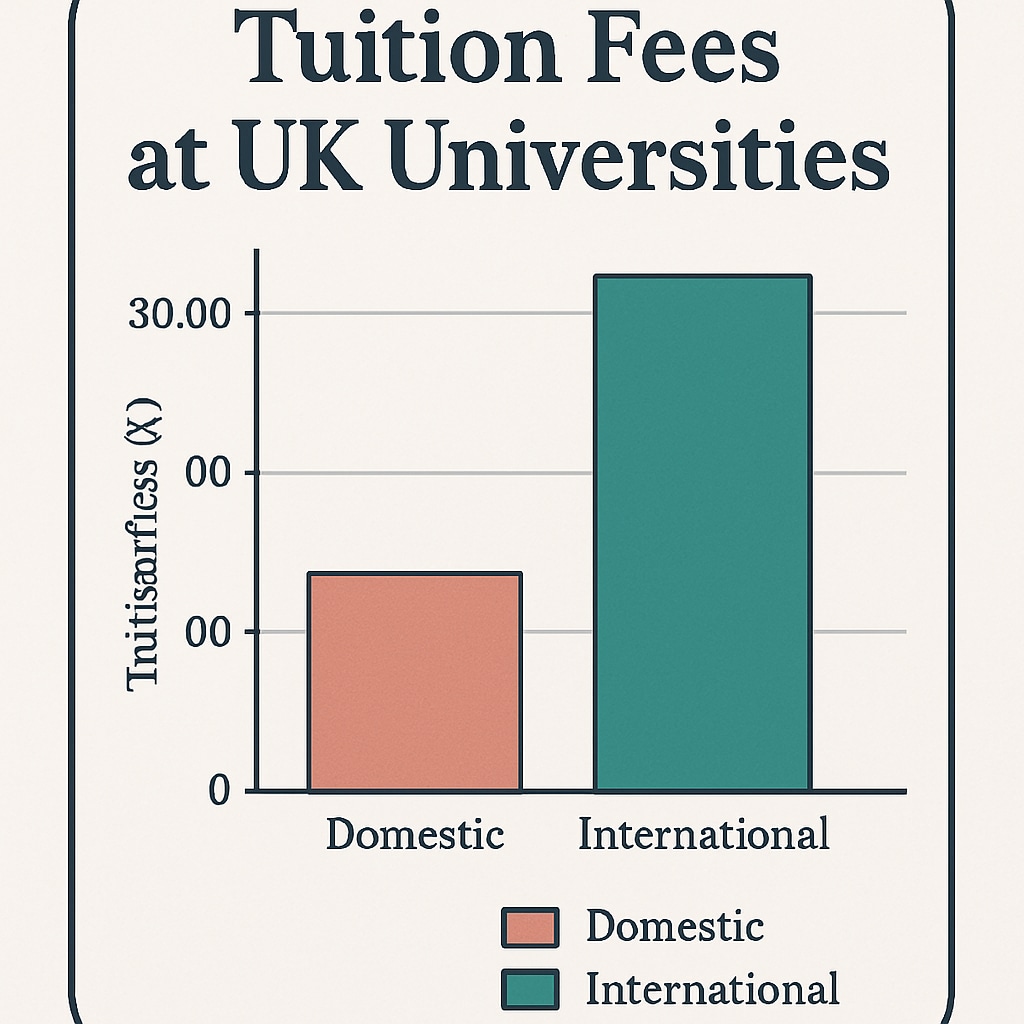The dream of attending prestigious institutions like Oxford University often faces insurmountable barriers for immigrant students due to high international tuition fees and residency restrictions. For many, the label of “international student” comes not from their academic merit but from their immigration status, creating a significant financial burden. A recent case involving a Nigerian student admitted to Oxford highlights this structural inequality, where limited leave to remain in the UK forced the student to pay international tuition fees despite years of residence in the country. This issue reflects broader systemic challenges in the educational ecosystem, calling for urgent policy reform.
Immigration Status and Its Impact on Tuition Fees
One of the key challenges immigrant students face is the classification of their tuition fees based on their residency status. While domestic students enjoy subsidized tuition rates, international students often pay fees that are three to four times higher. For example, undergraduate tuition at Oxford University can exceed £30,000 per year for international students, compared to around £9,000 for UK residents. The difference is staggering and often unattainable for immigrant families.

Immigrant students who have lived in the UK for years—sometimes nearly their entire lives—are still classified as international students if their immigration status is not fully settled. This bureaucratic distinction ignores their ties to the country and creates financial barriers that discourage talented individuals from pursuing higher education.
Structural Inequalities in the UK Education System
The case of the Nigerian student accepted to Oxford is not isolated but emblematic of a larger issue. According to a Wikipedia article on education in the UK, residency classifications often fail to account for the lived experiences of immigrant students, perpetuating inequality. These policies disproportionately affect students from low-income families who may already struggle to afford higher education.

In addition to financial hurdles, immigrant students often face unique challenges such as navigating complex visa requirements and adapting to cultural differences. These barriers compound their difficulties, making access to elite institutions like Oxford even more elusive.
Policy Reform: A Path Toward Educational Equity
To address these inequalities, policymakers must consider reforms that account for the unique circumstances of immigrant students. Possible solutions include:
- Revising residency requirements for tuition classifications to include long-term residents regardless of immigration status.
- Creating scholarship programs specifically aimed at immigrant students to mitigate financial burdens.
- Streamlining visa processes for students to reduce administrative barriers.
Efforts to reform these policies would not only benefit immigrant students but also enrich the UK’s educational landscape by fostering diversity and inclusivity.
For example, initiatives in other countries have demonstrated success in supporting immigrant students. According to a Britannica article on education systems, nations like Canada have implemented inclusive policies that align tuition rates with residency duration, creating more equitable access to education.
Conclusion: Breaking Down High Walls
The dream of attending institutions like Oxford University should not be confined by financial barriers or immigration status. Immigrant students bring unique perspectives and talents that contribute to the academic and cultural richness of universities. By addressing the structural inequalities in the UK education system, policymakers can ensure that education is truly accessible to all, regardless of where they come from. The time for change is now, and the voices of these students deserve to be heard.


